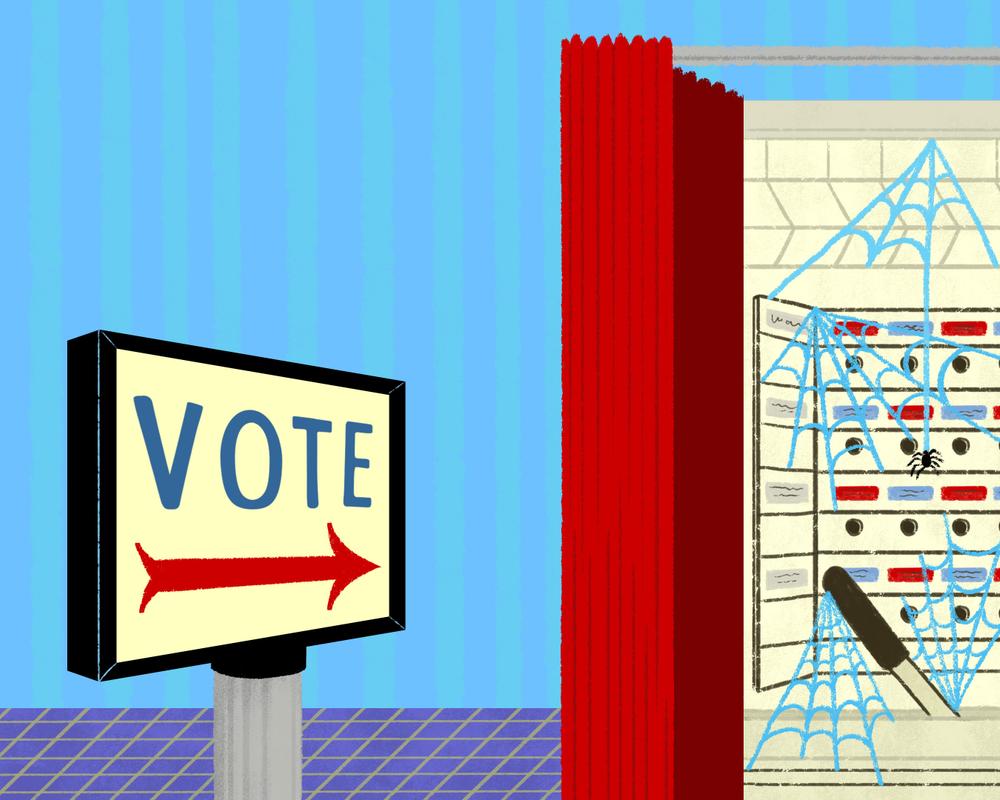How Pennsylvania’s Voting Laws Are Evolving in 2025
How Pennsylvania’s Voting Laws Are Evolving in 2025 pennsylvania, a cornerstone of American democracy, is undergoing significant transformations in its electoral framework. As we navigate through 2025, understanding the nuances of these changes is crucial for every voter. This comprehensive guide delves into the evolving landscape of Pennsylvania voting laws, ensuring you’re well-informed and ready to participate in the democratic process.

1. Modernizing the Electoral Infrastructure
A. Overhauling the Voter Registration System
The Commonwealth is investing over $10 million to replace its outdated Statewide Uniform Registry of Electors (SURE) with the new Civix election management system. This modernization aims to enhance the efficiency and security of voter registration, election night results, campaign finance filings, and lobbyist registration. The transition is expected to be completed by the 2028 presidential election, marking a significant step in updating Pennsylvania voting laws.
B. Enhancing Voting Machine Standards
House Bill 154 proposes rigorous examination and approval processes for voting machines, including testing of software, ballot readers, digital printers, and fail-safe operations. These measures aim to ensure the reliability and security of voting equipment, reflecting the state’s commitment to upholding the integrity of its elections.
2. Expanding Voter Access and Participation
A. Addressing the Closed Primary System
Despite the growing number of independent and third-party voters, Pennsylvania maintains a closed primary system, limiting participation to registered Democrats and Republicans. Efforts to open primaries to unaffiliated voters have been proposed, aiming to increase voter turnout and inclusivity. However, as of now, these proposals have not been enacted into law.
B. Facilitating College Student Voting
Recognizing the challenges faced by college students, Pennsylvania has provided resources and guidance to ensure they can participate in elections. Students can register to vote using their campus address and request mail-in ballots, making it more convenient to engage in the electoral process.
3. Refining Mail-In Voting Procedures
A. Clarifying Ballot Dating Requirements
A federal judge ruled that rejecting mail ballots due to incorrect or missing dates on the outer envelope violates voters’ First Amendment rights. This decision underscores the importance of ensuring that Pennsylvania voting laws do not impose unnecessary barriers to voting.
B. Streamlining Mail Ballot Processing
Lawmakers are considering reforms to allow counties more time to process mail ballots before Election Day, addressing delays in vote counting. These changes aim to enhance the efficiency and transparency of the electoral process.
4. Strengthening Election Security
A. Implementing Voter ID Requirements
Discussions are ongoing regarding the implementation of stricter voter ID laws. Proponents argue that such measures are necessary to prevent fraud, while opponents express concerns about potential disenfranchisement. The debate continues as Pennsylvania seeks to balance security with accessibility in its voting laws.
B. Protecting Election Workers
In response to threats against election officials, Pennsylvania has established an Election Threats Task Force to safeguard the security of voters and election workers. This initiative reflects the state’s commitment to maintaining a safe and secure electoral environment.
5. Legislative Developments and Proposals
A. Randomizing Ballot Order
House Bill 735 proposes randomizing the order of candidates on ballots to reduce bias and promote fairness in elections. This measure aims to ensure that all candidates have an equal opportunity to be selected by voters.
B. Updating the Pennsylvania Election Code
Efforts are underway to modernize the Pennsylvania Election Code, removing outdated provisions and incorporating contemporary practices to enhance the electoral process. These updates are essential for aligning Pennsylvania voting laws with current technological and societal advancements.
6. Key Dates and Deadlines for 2025
- Primary Election: May 20, 2025
- Last day to register: May 5, 2025
- Last day to request a mail-in or absentee ballot: May 13, 2025
- Municipal Election: November 4, 2025
- Last day to register: October 20, 2025
- Last day to request a mail-in or absentee ballot: October 28, 2025
Staying informed about these dates is crucial for participating in Pennsylvania’s elections and adhering to the state’s voting laws.
As Pennsylvania continues to refine its electoral processes, understanding the evolving voting laws is essential for every citizen. From modernizing infrastructure to expanding access and enhancing security, these changes aim to strengthen the democratic foundation of the Commonwealth. By staying informed and engaged, voters can ensure their voices are heard and contribute to a more inclusive and efficient electoral system.








